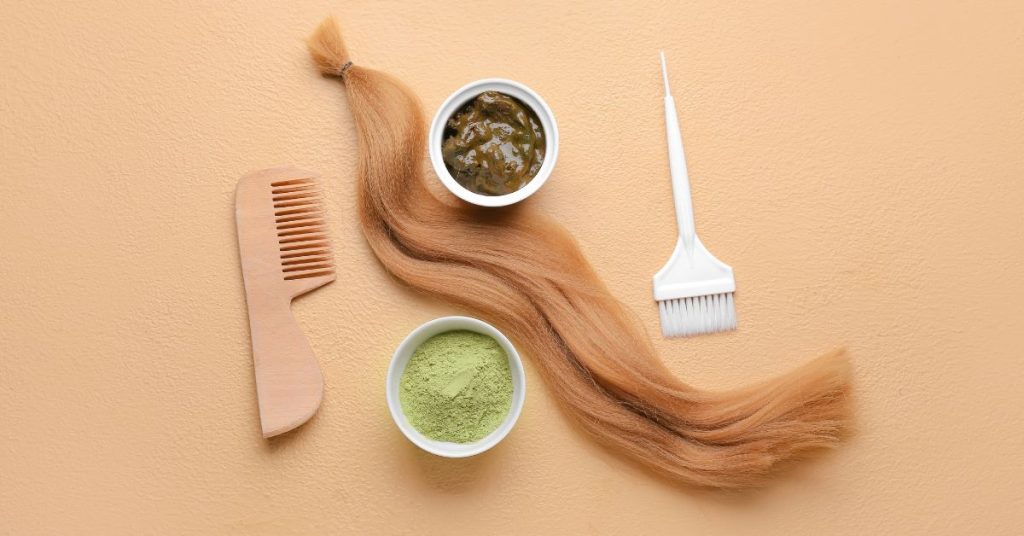The growing trend towards natural and organic products has led many individuals to seek alternatives to conventional hair dyes, which often contain harsh chemicals. Natural hair dyes offer a safer and gentler approach to coloring hair while providing stunning results. In this article, we will delve into the best methods of natural hair dye, highlighting their benefits, ingredients, and application techniques.
1. Henna Dye
Henna, a plant-based dye derived from the Lawsonia inermis shrub, has been used for centuries to color hair naturally. It produces a rich reddish-brown hue and offers excellent coverage for gray hair. Henna contains natural pigments that bind to the hair shaft, resulting in long-lasting color. It also nourishes and conditions the hair, promoting shine and strength. The application involves mixing the henna powder with water or other natural ingredients, applying the paste to the hair, and allowing it to sit for a few hours before rinsing.
2. Indigo Dye
Indigo, derived from the Indigofera tinctoria plant, is often used in conjunction with henna to achieve darker shades, including black and brown. It binds to the hair cuticle, offering durable and fade-resistant color. To use indigo, henna is first applied to the hair, followed by an indigo paste. This two-step process allows for a wider range of natural hair colors.
3. Herbal Hair Dyes
Herbal hair dyes are made from a combination of plant extracts, such as chamomile, black tea, and coffee, to achieve various shades. These dyes are gentle and offer temporary to semi-permanent results. They work by staining the outer layer of the hair without penetrating the cortex. While herbal dyes may not provide as long-lasting color as henna or indigo, they are an excellent option for those looking for subtle changes or experimenting with different shades.
Conclusion
When it comes to natural hair dye, options like henna, indigo, and herbal dyes offer a safe and effective alternative to traditional chemical-based hair coloring products. Each method comes with its own unique benefits and considerations, allowing individuals to achieve vibrant and personalized results while minimizing the risk of hair damage.
Whether you prefer a rich reddish tone from henna, deeper shades from indigo, or subtle color variations from herbal dyes, the best method of natural hair dye ultimately depends on your desired outcome and personal preference. Embrace the beauty of nature and explore the world of natural hair dyes for a healthier and more eco-friendly hair coloring experience.


